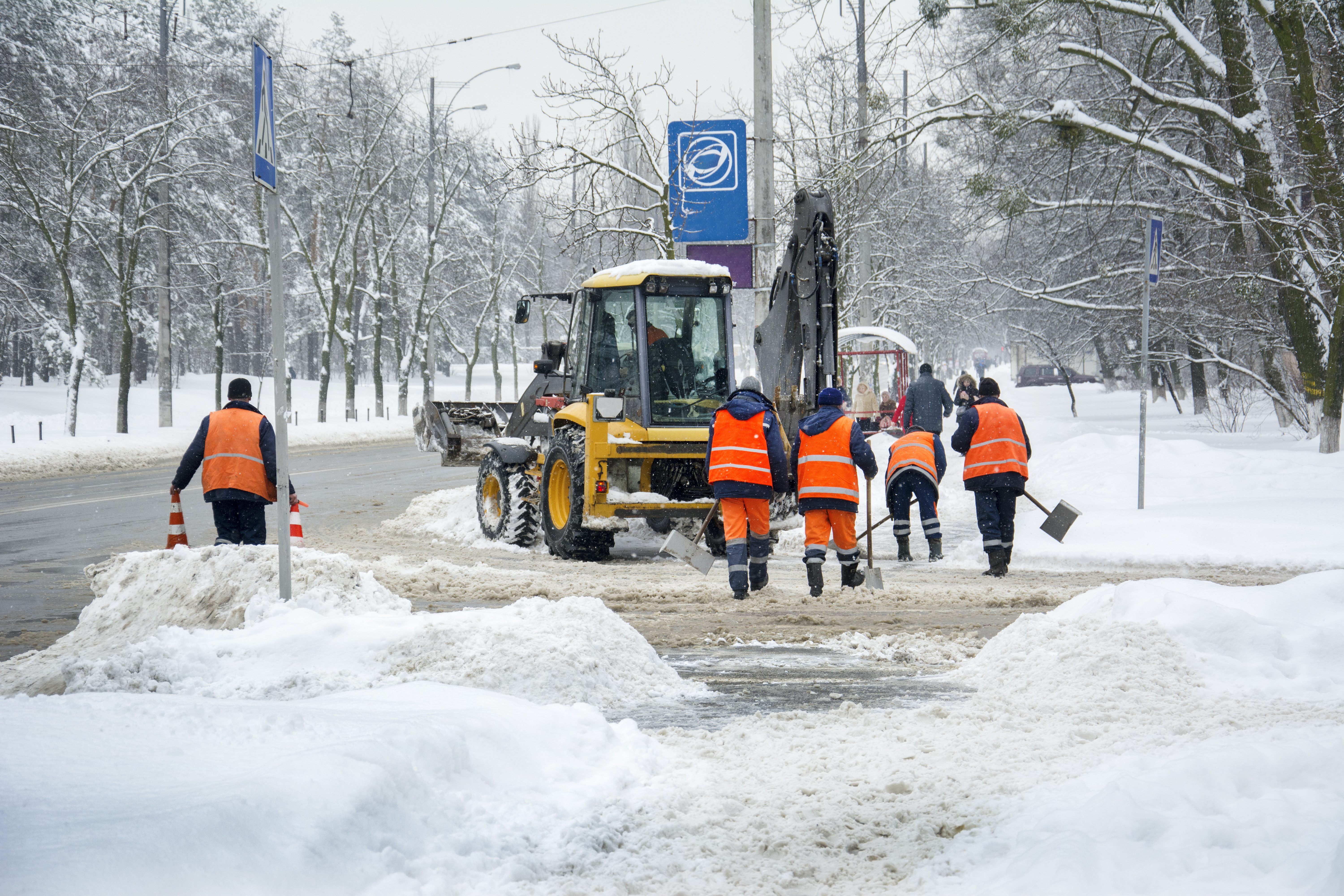
Ask the expert: How long can an Ohio workers’ compensation claim stay open?
November 9, 2020
Can you get worker’s compensation payments for chemical injuries?
January 5, 2021While injuries can happen at any time of the year – and in any weather – cold weather workers compensation claims are something to be aware of during the winter months.
What do you need to know about cold weather workers compensation claims? Are they different?
Here are four things you need to know about cold weather workers compensation claims. Read on:
Can you prevent cold weather workers compensation claims?
In a nutshell: Yes. Many of these injuries can be prevented. However, for workers who are constantly exposed to winter’s worst elements, not all can be avoided. But sometimes, simply preparing for the elements, watching the weather and adjusting your schedule (if possible) can help prevent weather related accidents and injuries.
Are weather-related accidents and injuries eligible for workers compensation benefits?
Yes! Each case is different, so this isn’t a blanket statement, but for workers who are outside in the elements and are injured, their ailments and injuries can be eligible for workers compensation benefits.
What types of workers are at risk?
The fact is, work doesn’t stop when the weather turns cold so workers who must be outside in cold, snowy and icy weather can face injuries. Construction workers, police officers and firefighters, utility workers and mail carriers, delivery drivers and truck drivers are all at risk.
What kinds of injuries are we talking about?
Typically, the kinds of injuries that can lead to winter workers compensation claims are: Frostbite, hypothermia, collisions and crashes, slip and fall accidents and trench foot. Workers who have underlying conditions like diabetes and cardiovascular disease might be more prone to cold-related injuries as well.
In this global pandemic, viruses like COVID-19 and even influenza might also be more prevalent and can cause long-term issues.
Connor Kimmet and Hafenstein LLP
If you have questions about cold weather worker’s compensation claims, contact us today. We have a lawyer who will work for you and can answer your questions!





